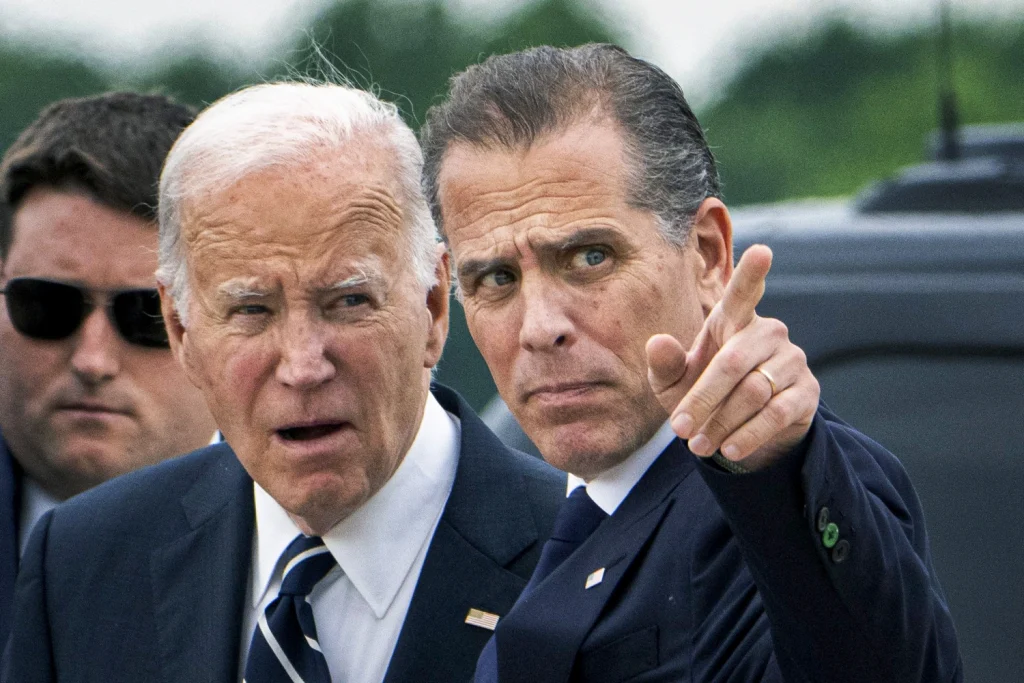US President Joe Biden issued a presidential pardon for his son, Hunter Biden, on Sunday, ahead of his sentencing in two criminal cases involving tax evasion and firearms charges. The decision has reignited national debate about the intersection of politics and justice.
“No reasonable person who looks at the facts of Hunter’s cases can reach any other conclusion than Hunter was singled out only because he is my son—and that is wrong,” the president said in a statement, calling it “a miscarriage of justice.”
Hunter Biden was convicted earlier this year of lying about his drug use on a federal firearm application, a felony offence. In a separate case, he pleaded guilty to charges of tax evasion. Both cases have been highly scrutinized and politicized, with Republican lawmakers and critics accusing the Justice Department of leniency.

The president’s decision comes despite his earlier insistence that he would not interfere in his son’s legal proceedings. In September, White House Press Secretary Karine Jean-Pierre reiterated that Biden had no intention of issuing a pardon.
The pardon coincides with a landmark Supreme Court ruling granting presidential immunity that effectively halted criminal proceedings against President-elect Donald Trump. Trump was convicted in May for falsifying business records but is now shielded from prosecution due to the ruling.
“I believe in the justice system, but as I have wrestled with this, I also believe raw politics has infected this process and it led to a miscarriage of justice.”
He also accused his political opponents of instigating the charges against Hunter as part of a broader effort to undermine his presidency.
The pardon has elicited mixed reactions. Critics argue it undermines Biden’s commitment to impartial justice, while supporters view it as a corrective action against alleged political persecution.


